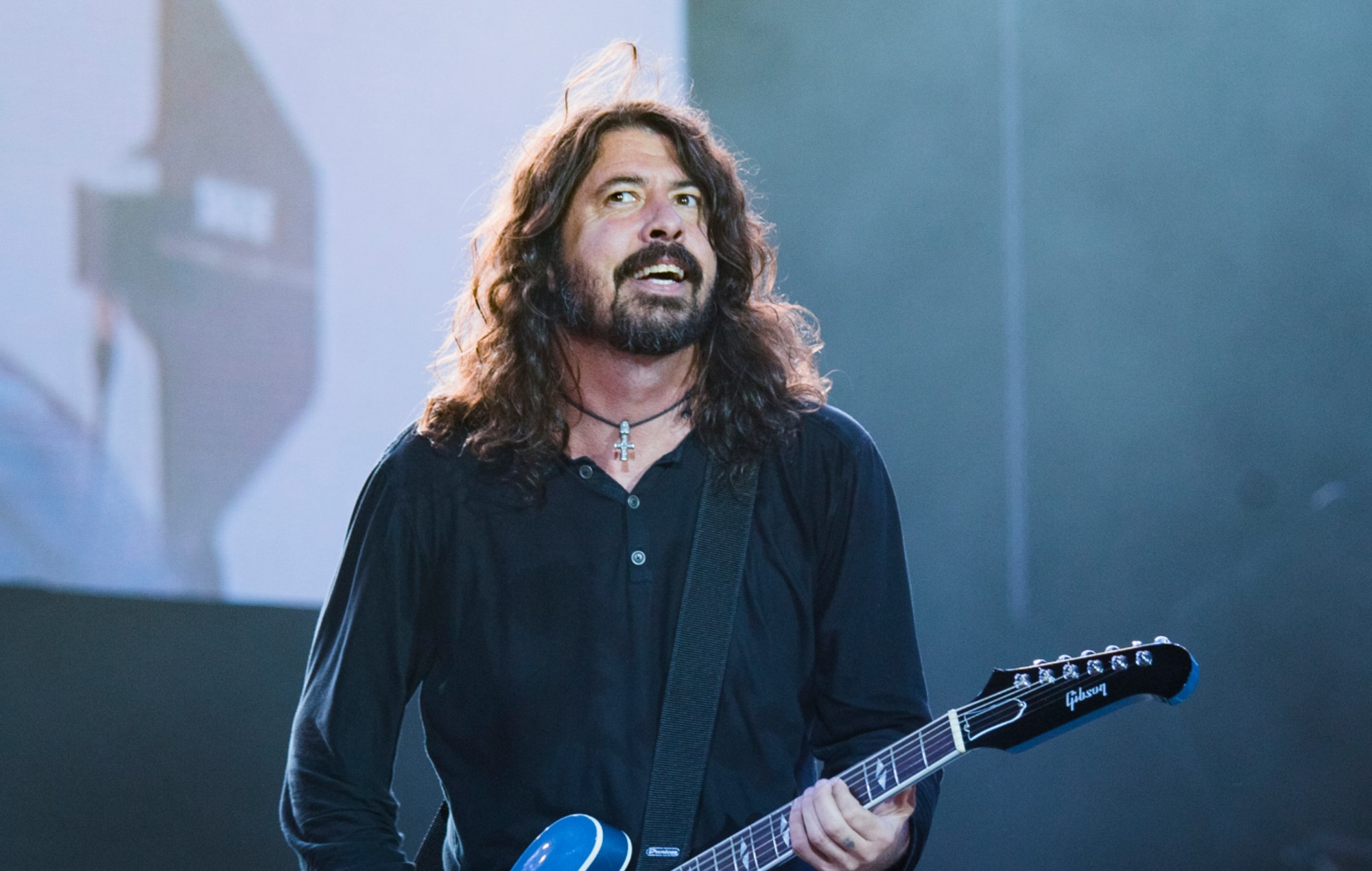
Have you ever been to the bottom end of the Official UK Singles Chart’s Top 100? Don’t. It’s a fucking horror show down there. The musical equivalent of someone having a secret cellar in their house where they keep all the people who stayed too long at parties, letting them argue over the last dab between themselves for all eternity.
Lady Gaga and Bradley Cooper’s ‘Shallow’ has been down there 101 weeks now, reminiscing mistily about its long-faded film career. Ed Sheeran’s ‘Perfect’ has been playing guitar without anyone asking for 165 weeks, with Lewis Capaldi’s ‘Someone You Loved’ (113 weeks in the hole and counting) sat adoringly at its feet doing finger-clicks and offering to work it out on piano. Harry Styles’ ‘Watermelon Sugar’ (56 weeks) cowers in a corner getting eyed up by lifers like The Weeknd’s ‘Blinding Lights’ (69 and, yes, he’s looking at you) and trying to avoid Tones & I’s ‘Dance Monkey’ (86 weeks) flinging its glittery shit everywhere.
Sitting in its golden cage on a central podium, exhausted from decades of failing to keep everyone’s spirits up, is the undisputed king of the chart basement, ‘Mr Brightside’. The news that The Killers’ debut single had broken records to notch up 260 non-consecutive weeks – a full five years – in the Top 100 came as a shock to everyone. There’s still a singles chart? Where’ve they been hiding it, underneath Napster?
‘Mr. Brightside’’s longevity there is rather easier to fathom, however. First and foremost, from an intro designed to stimulate our deep-set Pavlovian trigger that tells us there may be ice cream nearby to a chorus that’s been designated by trade unions as a risk to roofing, it’s a song drenched with unadulterated universal crossover appeal, a sonic Taskmaster.
As the point where electroclash’s ‘80s revival went overground, it’s synth-pop catnip to anyone with an ounce of Duran Duran in their soul, and the Council Of Post-Indie Judiciaries classified it ‘ironically enjoyable’ around 2011. You don’t need to be able to hold an entire tune to sing along to it either – if you have the vocal range of a Dyson, you’ll still do alright. As any DJ of the past 20 years will know: when asking yourself if any particular crowd might go wild to ‘Mr Brightside’, if they’re not waving banners saying ‘STOP THE STEAL’, the answer is probably yes.
It’s also a song that speaks to a pan-generational mindset, and not just because we’ve all had to sit and listen to someone we snogged earlier in the evening loudly banging someone else through a wall. Since its release, the world has been sliding into hell in neoliberalism’s handbag – endless wars, global economic crashes, crippling austerity, the rise of actual fascism, Mumford & Sons. We’ve all had to force ourselves to be Brightsides in order to navigate the horrors of the world, and it’s perhaps no accident that the song has been in the chart almost constantly since anyone first said the word ‘Brexit’. Come the pandemic, it virtually acts as a global national anthem. Unmute any banana bread TikTok and it’ll likely be playing in the background.
In the background – ah, there’s the rub. Because as much as ‘Mr Brightside’ thoroughly deserves its standing as the Eddie Izzard of chart marathons, the mechanics behind it are a little more concerning. Essentially it’s ever-present because it appears on such a vast number of streaming playlists; whenever anyone puts “indie” in the title of a playlist and ‘Mr Brightside’ isn’t in it, platforms assume there’s been a programming error and shut down for essential maintenance.
Chances are that far more of its 281 million UK plays (of more than a billion worldwide) are passive background listens from people clicking on playlists called ‘Indeterminate Bangers’ or “Stuff That Wakes My Dad Up’, rather than parties of ecstatic electro-rock fans punching their ceilings down. Particularly since a quarter of those UK plays came in the past 12 months.
The reason for that is that it’s come to define post-millennial ‘indie’ as much as ‘Parklife’ or ‘Wonderwall’ did in the ‘90s and ‘The Love Cats’ or ‘How Soon Is Now?’ did in the ‘80s. Not just define, in fact, but encapsulate. The reductionist conformity and lack of imagination of our new digital tastemakers has convinced new generations of casual streamers that ‘Mr Brightside’ (plus ‘I Bet You Look Good On The Dancefloor’, ‘Seven Nation Army’ and ‘Sex On Fire’, at a push) is pretty much all there is of guitar music this century. Which doesn’t exactly bode well for all the superb new bands trying to elbow their way onto those very culture-shaping playlists.
It’s also a sign that the streaming methods are filling pop culture up like a lukewarm bath. Of the current UK Top 100, five or six (about five per cent) are long-term residents that aren’t going anywhere in a hurry – ‘Blinding Lights’ has even spent its 69 weeks largely in the upper end of the chart. And, as playlist favourites continually increase their dominance over the streaming numbers, new chart stalwarts are arriving by the month. It can only be a matter of time before the singles chart becomes nothing more than a barely changing list of the 100 most playlisted songs from history, on weekly shuffle. At which point we have to face an unthinkable question: is it theoretically possible for the UK singles chart get less relevant?
The answer, obviously, is to drain the swamp. Redefine and re-weight the parameters of chart compilation, cut out the passive listens, throw open the hatch of the chart basement and let its playlisted prisoners free like some grossly overstretched Kimmy Schmidt metaphor. We all love ‘Mr Brightside’, but it’s done its time. Let its legacy include stepping aside to let ‘Caution’ have a shot.
The post ‘Mr Brightside”s five years in the chart is cause for celebration, but also concern appeared first on NME.







